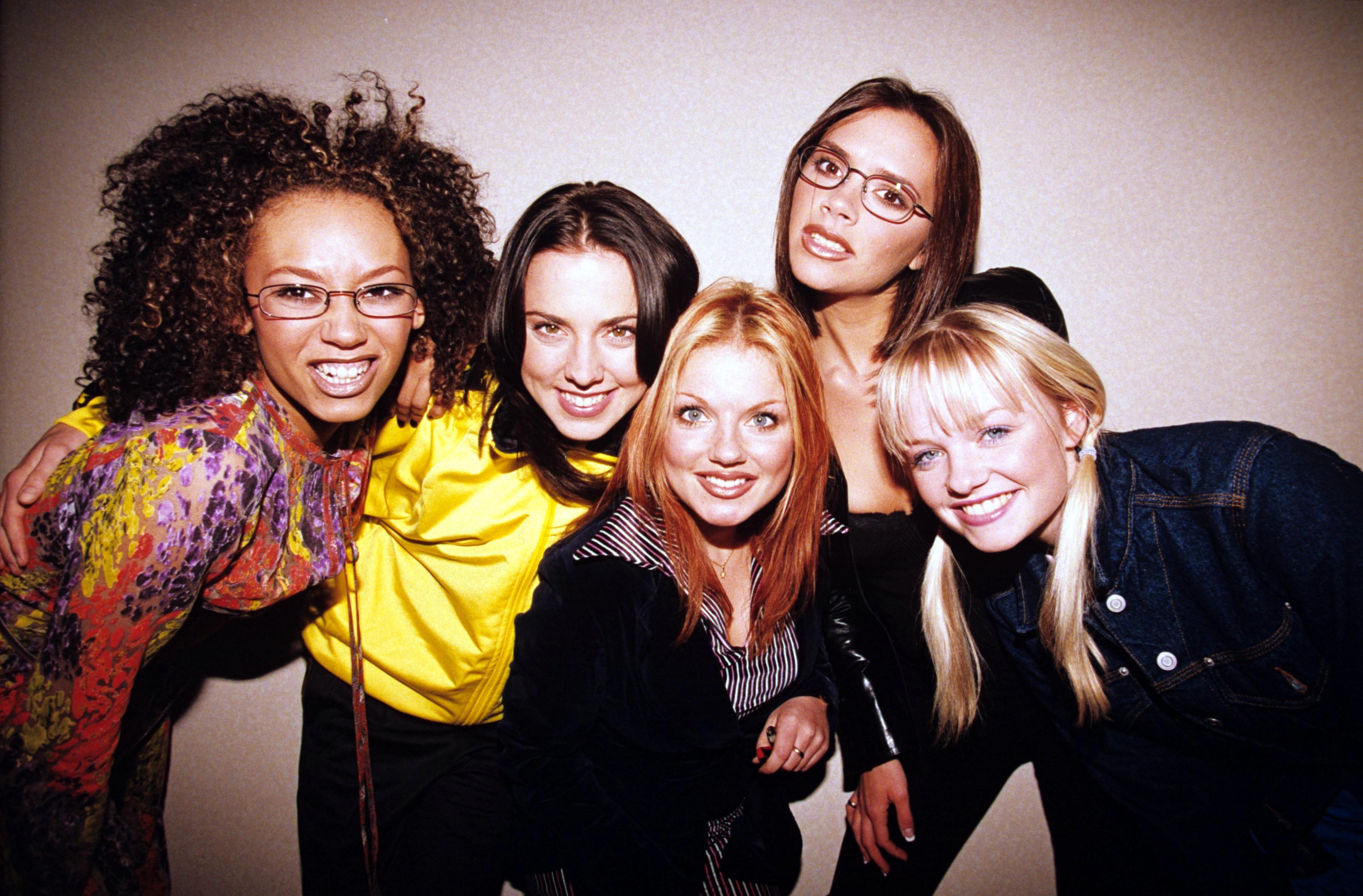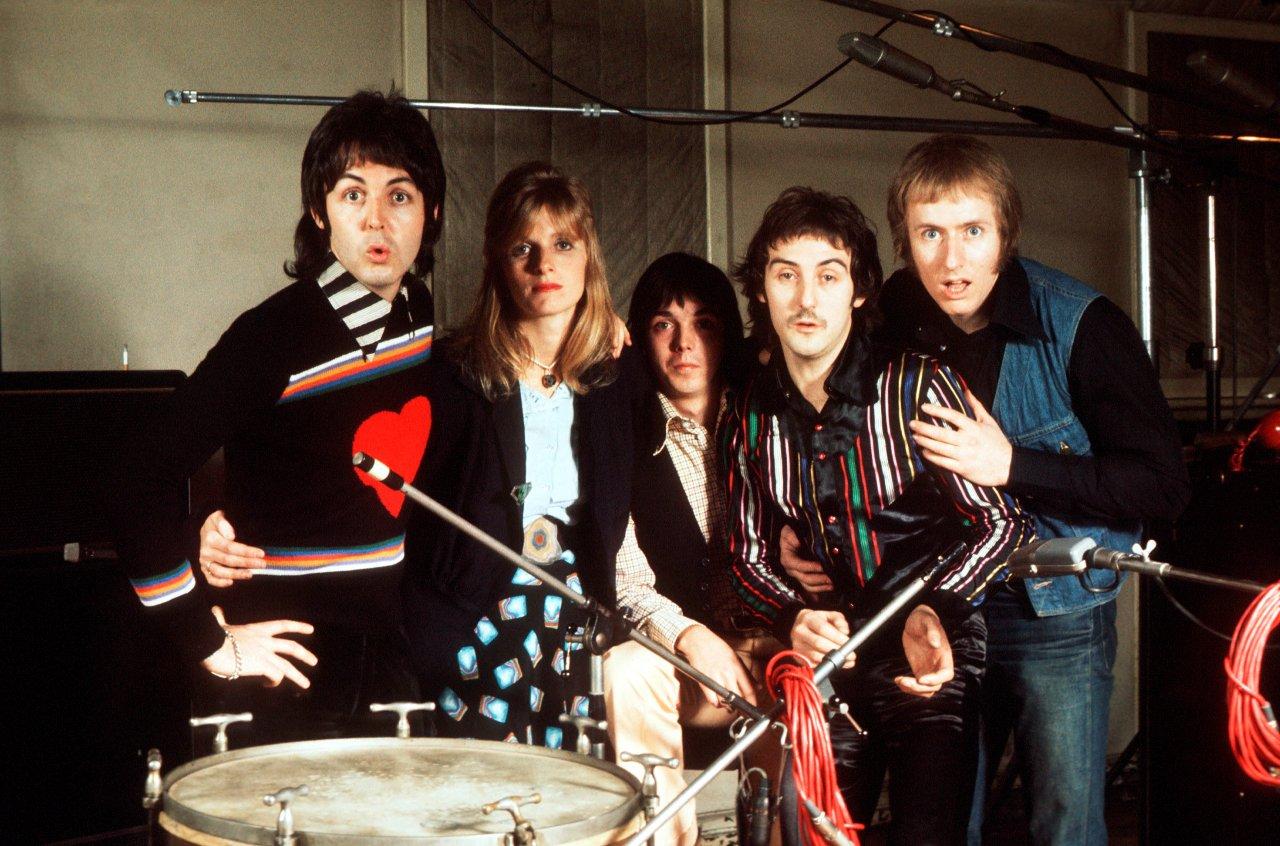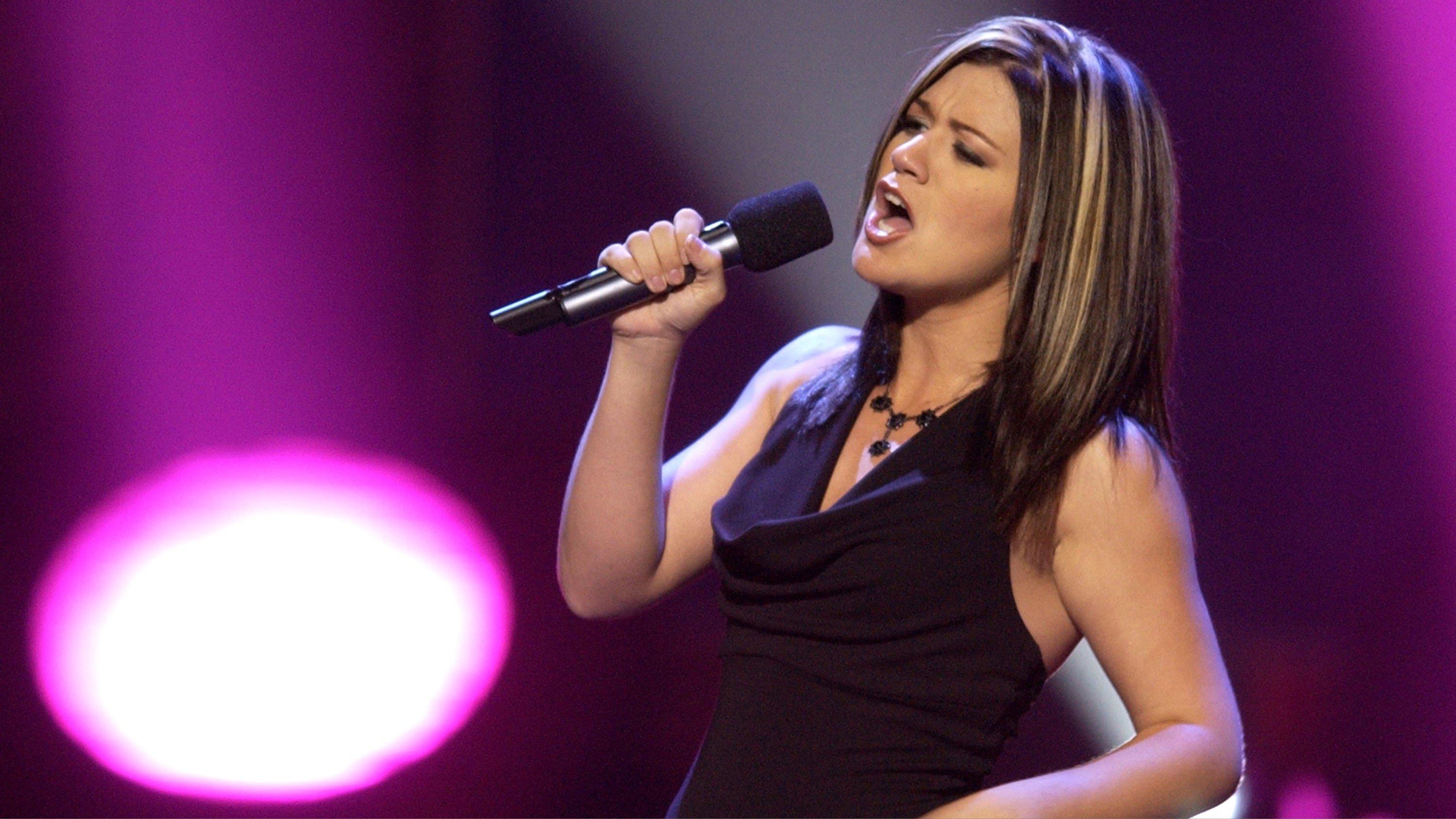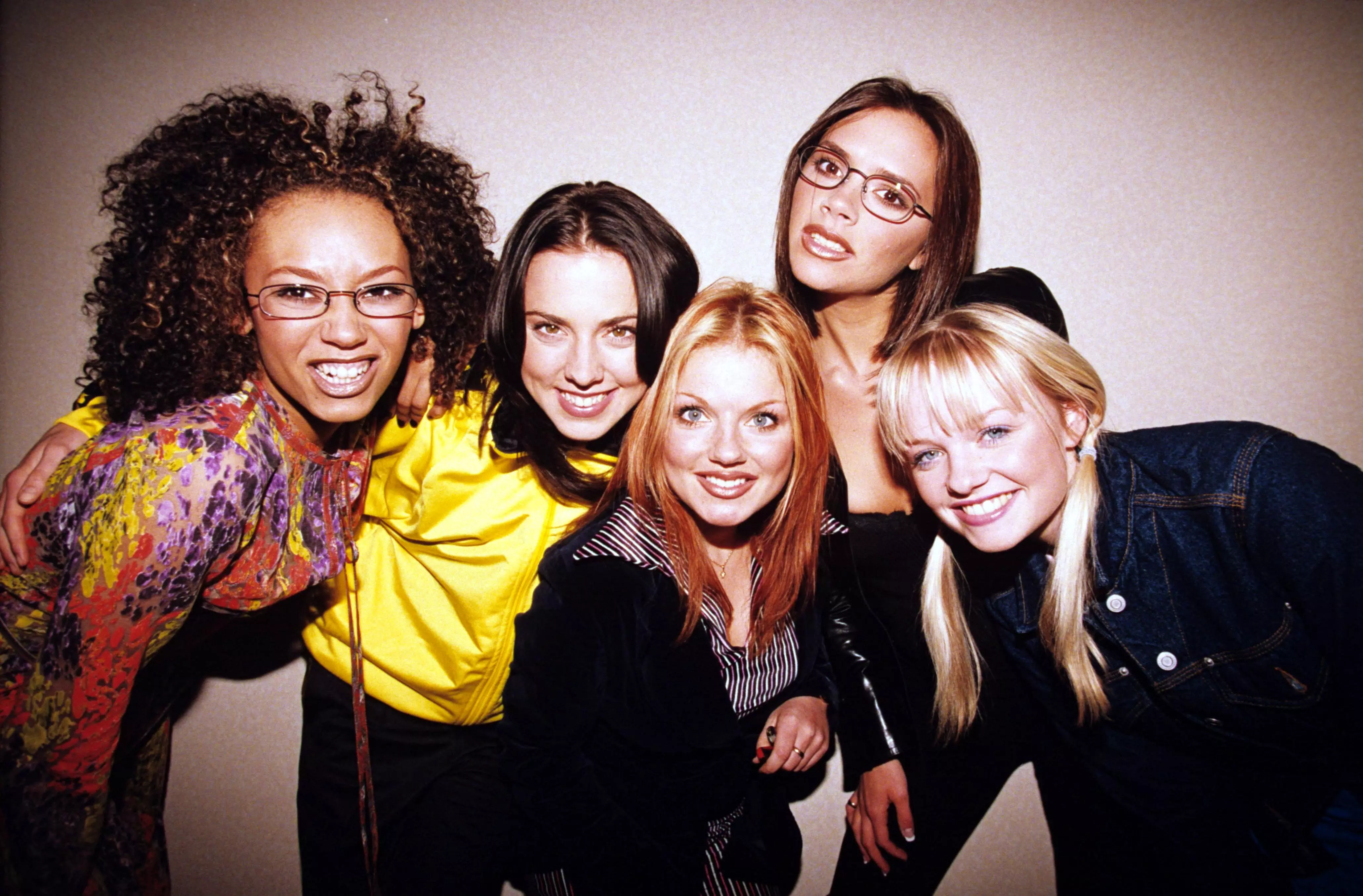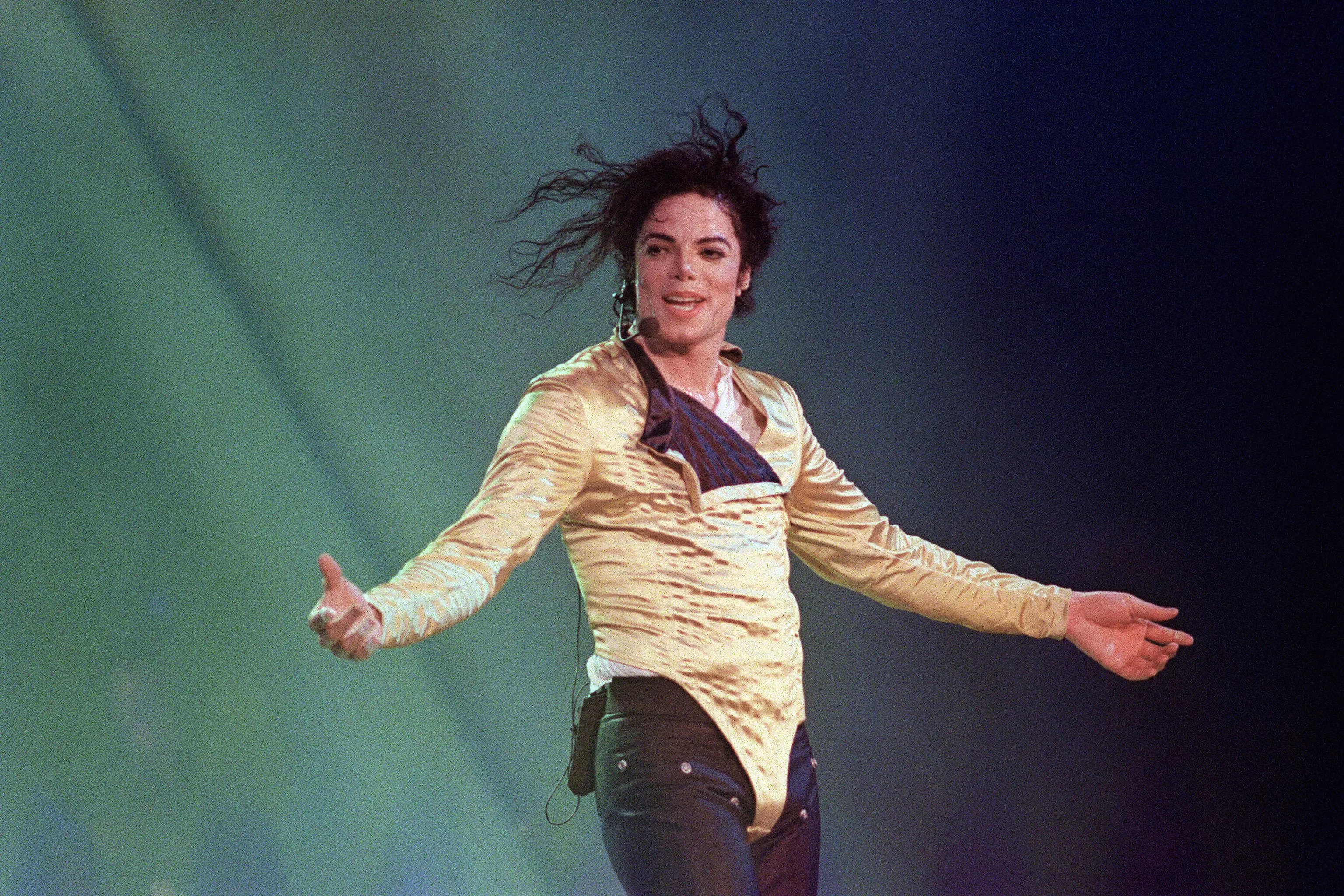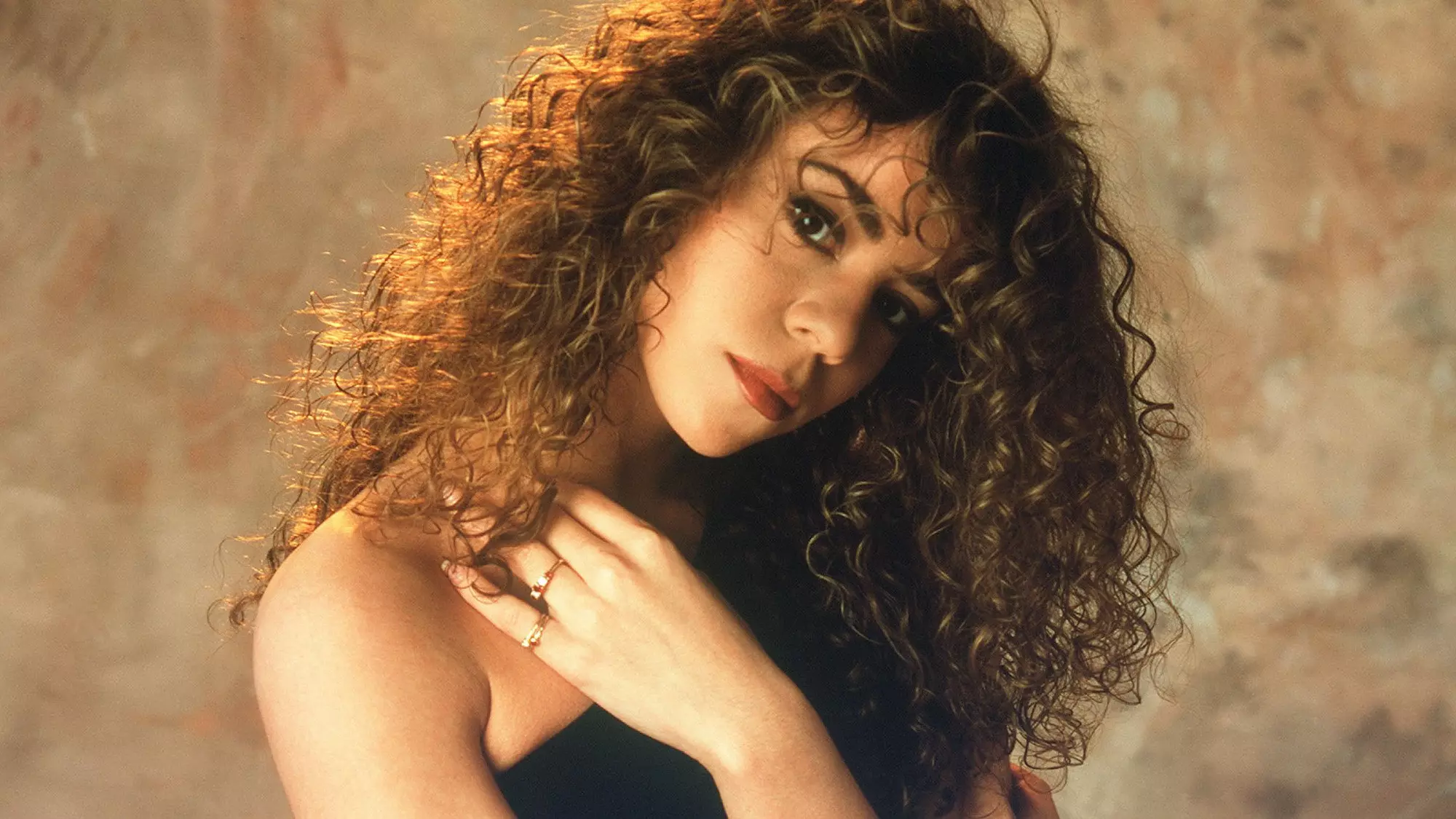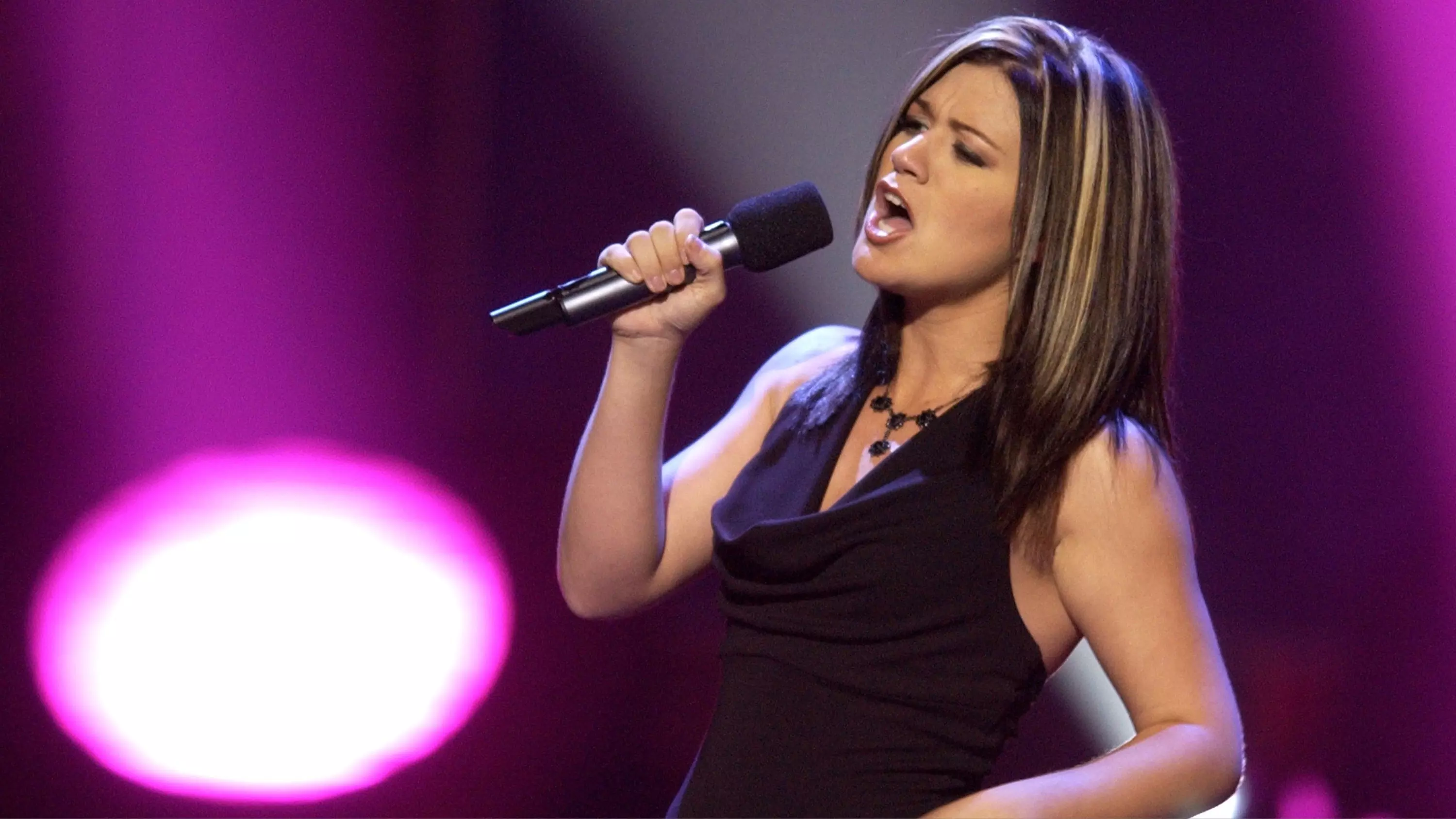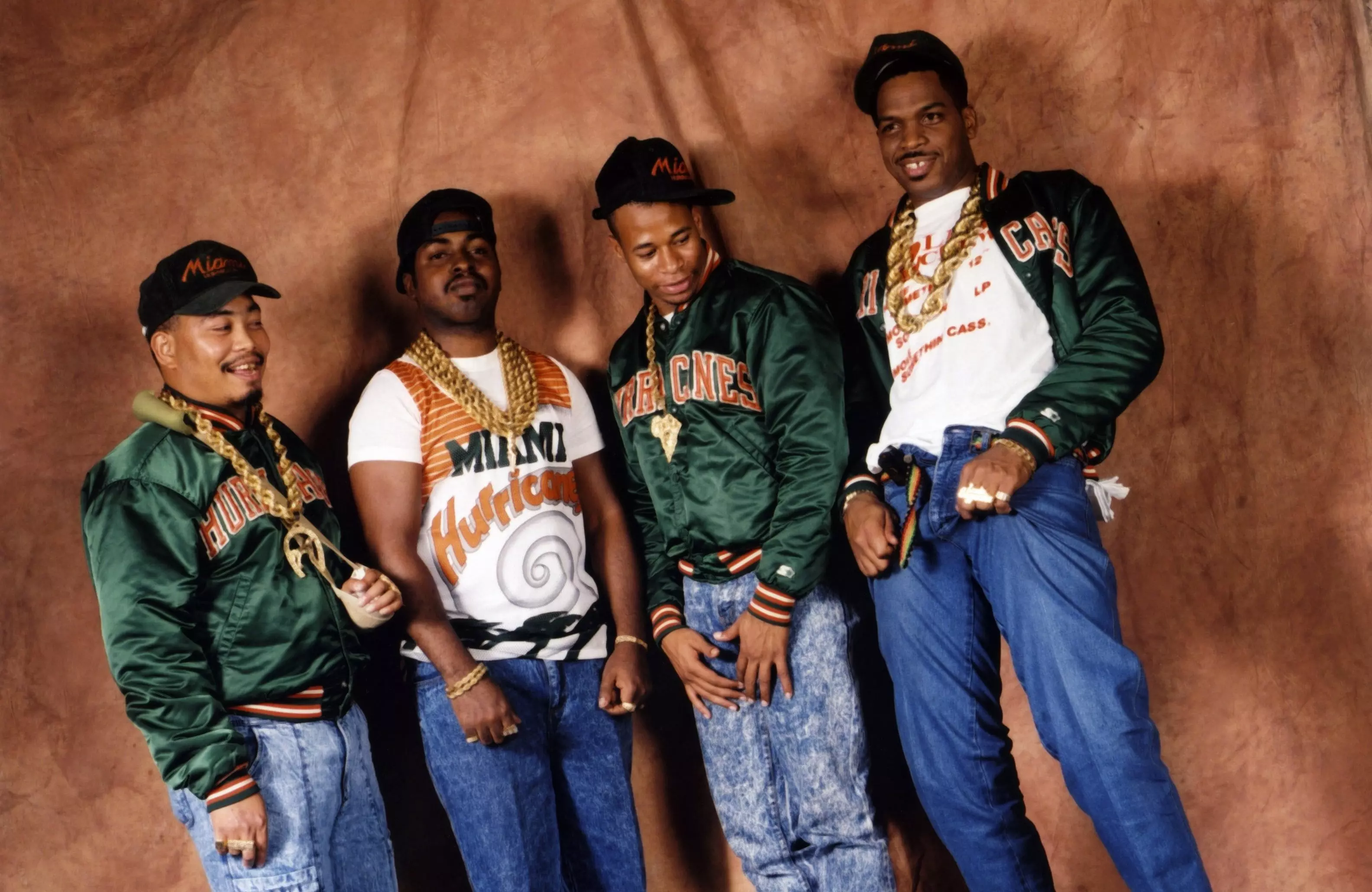"This was the first time [a band] deciding to work separately became worldwide news, treated almost as a death," wrote the UK's The Guardian. No, this wasn't a reference to Zayn Malik's recent departure from One Direction. The split to which the paper was referring goes back to 1970, when Paul McCartney announced the end of the Beatles.
It was a breakup so significant that CBS News, reporting from the Beatles' Apple headquarters at the time, called the news "so momentous that historians may one day view it as a landmark in the decline of the British Empire."
Right now it's hard for Directioners in mourning over Malik's surprise exit from One Direction to believe it, but they are not alone. Whether it was the Beatles in 1970, Diana Ross departing from the Supremes that same year, the end of the Eagles' long run in 1980, Lionel Richie jumping ship from the Commodores in 1982, Duran Duran losing Roger Taylor in 1985, Lindsey Buckingham leaving Fleetwood Mac in 1987, the Spice Girls saying goodbye to Geri Halliwell in 1998, 'N Sync taking a "temporary hiatus" in 2002, the Backstreet Boys suffering through Kevin Richardson leaving in 2006, the disbanding of Destiny's Child in 2006, the Jonas Brothers' split in 2013, or One Direction and Malik severing ties a month ago, every generation of ardent fans has felt the pain of an era coming to a close. (And obviously, the Beatles, with their standing as arguably the most influential band of all time, are a unique entity, as dictated by the fact they are seemingly the only group that saw all four members go on to impactful solo careers.)
Poll: Which GRAMMY winner who left a popular group went on to have the greatest impact as a solo artist?
At the very least, 1D fans can take some solace in knowing that other fans have experienced similar anguish. Breakups have affected fans of pop, rock, dance/electronic music — evidenced by Swedish House Mafia's disbanding in 2012 — and even hip-hop. After West Coast hip-hop pioneers N.W.A. split in the early '90s, the group's former members released a series of "diss" tracks aimed at each other, prompting fans to pick sides. Bands who don't last are far more common than rarities such as Aerosmith, ZZ Top or U2, all of whom have been together for decades with original members. Such 30-year and 40-year relationships within a band are as uncommon as the 50-year storybook Hollywood marriage between Paul Newman and Joanne Woodward.
Yes, as much as Directioners — who have tweeted about the loss, lamented how they miss Malik in cute pictures, threatened to run away from home, and shared their collective pain via Vine — may not believe it, one member of a successful band wanting to go it alone is as much a part of music as money, fame, fan adulation, and ego.
What are the exact reasons that led to Malik leaving One Direction? And what career direction will he plot next? Only he knows for sure. But when it comes to artists striking out on their own, longtime industry experts have seen it all. Once described in Vanity Fair as the "best music manager in the business," Peter Katsis has managed the careers of artists such as the Backstreet Boys, Jane's Addiction and Smashing Pumpkins. He cites a number of reasons why a member might leave a successful group.
"I've seen it happen for health reasons, I've seen it happen for changes in musical direction, I've seen it for just the fact people don't like each other anymore," says Katsis.
The transition to solo artist can be a tricky one, with changes coming in unexpected areas. The Jonas Brothers, who rode a tidal wave of popularity with two No. 1 albums and a Best New Artist GRAMMY nomination for 2008, came to an abrupt end in October 2013. The brotherly trio cancelled a much-anticipated tour days before it was scheduled to start, citing a "deep rift within the band" over "creative differences." Nick Jonas, who recently has resurfaced with his Top 10 self-titled solo album and the Top 10 hit "Jealous," says there are pros and cons to leaving a group behind.
"I think just getting used to travelling on my own and spending more time on my own, it's something I've had to get adjusted to," says Jonas. "I think the biggest pros have been being able to create music that I love and really pushing myself as an artist to continue to grow and build a new fan base with the old fan base that I had. And all in all, it's been incredibly amazing these last couple of months."
After more than a decade of success, including platinum albums and two GRAMMYs, Seattle grunge architects Soundgarden called it quits in 1997. Chris Cornell, the group's frontman, stepped into the spotlight two years later with his solo debut, Euphoria Morning. In the midst of a creative groove, Cornell spoke with me in 2007 during the time of the release of his second solo album, Carry On.
"I've gotten so many ideas as a solo artist, and I also think at this point in my life I'm a person that probably shouldn't be in a band," said Cornell. "Someone that writes songs as much as me and has the energy and focus in terms of songwriting and performing is probably someone who's more akin to a solo artist than someone who should be in a band."
Proving that sentiments can change with the passage of time, Cornell ultimately reunited with his Soundgarden bandmates in 2010. And like other artists in this day and age, he enjoys the best of both career worlds. Cornell has recently toured and released albums with Soundgarden, but he also just revealed he finished recording his fourth solo album.
Idiosyncratic guitarist Lindsey Buckingham, who similarly does double duty as a solo artist and member of GRAMMY-winning collective Fleetwood Mac, likens the dichotomy to the film world. "It's like having the large movie and the small movie," Buckingham told me in 2011. "It's the independent movie that's going to help you grow and take chances."
Fleetwood Mac recently wrapped a successful U.S. concert trek following the return of longtime member Christine McVie. But the group's classic Rumours-era lineup, which tried to go on without Buckingham in 1987 after he left due to feeling stifled creatively, and then later without Stevie Nicks, is proof of what can happen to a band behind when a key member departs. The band's first album sans Buckingham, 1990's Behind The Mask, went gold in the States, a far cry from previous efforts. And without both Buckingham and Nicks, 1995's Time didn't even dent the Billboard 200, a dismal performance for a band that has sold more than 100 million albums.
One of the more recent bands to experience soap-opera-style drama is Blink-182. In January, Mark Hoppus and Travis Barker revealed that Tom DeLonge had "indefinitely" left the group. DeLonge responded via Facebook, stating he "never quit the band." While the issue has yet to reach a formal resolution, Barker and Hoppus recruited Alkaline Trio guitarist Matt Skiba to fill DeLonge's shoes. With Skiba, the trio headlined the Musink Tattoo Convention and Music Festival in Southern California in March. Meanwhile, since his indefinite departure from Blink-182, DeLonge has debuted a new video from his new solo album, To The Stars.
Sometimes the sting of a band relationship gone wrong is prone to leave a lingering bitter aftertaste. Ringo Starr recently gave a telling interview to The Times, telling the paper he was "drunk" for much of the '70s and '80s following the demise of the Beatles.
"I was mad," said Starr. "For 20 years. I had breaks in between of not being."
Of course, Starr went on to a Rock and Roll Hall of Fame-worthy solo career and, given his iconic status as one of the four Beatles, has remained an appealing live draw. Very few acts are in that stratosphere, however, so being able to balance a career duality — a la Buckingham and Cornell — is important. Artists who strike out on their own and make it are few and far between. The likes of Richie, Ross and Justin Timberlake are more the exception than the rule.
AEG Live's Brian Murphy is a veteran in the concert promotion game, having previously run leading Los Angeles concert promoter Avalon Attractions for decades. He recalls working with the Eagles' Don Henley in the '80s on a solo tour. At that point, Henley was a commercial and critical success as a solo artist, having won a GRAMMY for the smash "The Boys Of Summer." But as a touring act, Henley the solo artist was different than a touring behemoth like the Eagles, according to Murphy.
"His … solo records [Building The Perfect Beast and The End Of The Innocence] were hugely successful, but the business that he did when he went out on the road, I think we aimed too high and I don't mean that just from the perspective of an agent or a manager, I think the promoters as well," Murphy says. "We all bought into [the notion that] he should still be able to do arenas. But as it turned out it was like [8,000] or 9,000 seats. The Eagles were the Eagles and I think therein lies a big significant difference."
Spotify Playlist: Band Breakups Are Hard To Do
These days, platinum acts can yield big revenue on the touring front. And One Direction are a touring juggernaut. The group is coming off a huge year in 2014, when they grossed $282.2 million in touring revenue to place No. 1 on Pollstar's worldwide tours list. The Malik-less One Direction lineup has upcoming world tour dates scheduled from June through October. While the long-term effect of the group's lineup change on touring is hard to predict, business looks to stay robust in the near future, evidenced by a six-night run at The O2 in London in September.
A member leaving behind a career with a successful touring act creates an interesting conundrum in this current musical climate as Murphy explains.
"There's a very big difference today in touring artists than there was when I got into the business and the way I grew up in the business," says Murphy. "At one time bands toured to sell record product and with record product came the royalties from publishing. The least important economic factor was the concert ticket."
Given that artists such as Henley and Buckingham, as big as the bands they were in, weren't able to translate their massive stature into arena shows in their own right, the likelihood that Malik will maintain headliner status as a solo act isn't favorable.
"I think history has taught us that if Mick Jagger cannot make a solo career a success then it's pretty daunting," singer/actor/radio personality Michael Des Barres says. "This does not mean it can't be done, but it does seem hard. It's like a TV star trying to be a movie star."
From a business perspective, today's artists who try and strike out on their own are leaving behind a potentially huge part of their revenue. Shirley Halperin, news director at Billboard, agrees. "It is more of a gamble today," she says.
In the case of One Direction, both fans and industry professionals will have to bet on which member might be able to pull off a successful solo career because the history of boy bands indicates it's very likely that only one member, if any, will go on to be a solo star.
"There can only be one, that never changes," says Halperin. "You had Bobby Brown from New Edition, Justin Timberlake [from 'N Sync], who will it be from One Direction? Who will have the best chance for solo success? There can't be more than one so you have to bet on the right one. You have to hope you pick the Robbie Williams or Justin Timberlake that can cross over."
Having worked with countless acts over the years, Katsis knows a great deal about guiding artists and he has advice that applies to an artist thinking of going solo, returning back to the Beatles to make his point.
"The first guy that really stepped out was McCartney and, as with anything else our industry is driven by, the songs are really what made it possible for him," says Katsis. "When he came up with melodies like 'Maybe I'm Amazed,' it really set a tone that the music was just so good. And I think that's always going to be the case. That's the key: If you're really gonna do it you have to come through with the goods. If there's only one good song on that album you'll never have a shot."
Though Malik has yet to formally release new music, a demo of his supposed first solo song was leaked via SoundCloud less than a week following his departure from the band. But with a source close to Malik telling the Daily Mail the song was in fact an old demo, 1D fans have been left to hang in the balance, speculating as to Malik's next career move.
Speaking from recent experience, Jonas knows such a solo career move is a difficult one, but it can be successfully accomplished with hard work. "I think that there are always obstacles to overcome when transitioning from being in a group to going solo and it's just about staying dedicated and motivated to continue to grow and push your audience to come with you," he says.
It's not to say that Malik would not be able to succeed on his own, only that history says it's going to be an uphill battle. What most experts do agree on is that One Direction should be fine. The Backstreet Boys remained a successful touring act and scored two Top 10 albums following Richardson's departure. Duran Duran also continued to thrive as a touring act and had huge success with their 1993 eponymous album featuring the hits "Come Undone" and "Ordinary World" after Taylor left.
However, as successful as both acts remained, they never matched the frenzy of their respective complete original lineups. The Backstreet Boys' full-fledged reunion with Richardson in 2011 brought them back to arenas and when all five members of Duran Duran reunited in 2005 for an intimate show at the Roxy, I covered the gig for Rolling Stone and watched in disbelief as someone offered me $1,000 for my ticket (which was turned down).
In more proof of the power of reunion nostalgia, the Eagles settled their differences to reunite in 1994 for arguably the biggest reunion in music history, marked by a monumental three-year world tour and the GRAMMY-nominated Hell Freezes Over reunion album. In 2013 'N Sync reunited for a performance at the MTV Video Music Awards and, earlier this year, Destiny's Child reunited for a one-off live performance — both situations leaving millennials to salivate about possible reunions down the road. And a recently rumored Spice Girls reunion recently had their fans saying "zig-a-zig-ah."
But for now, One Direction and Malik are going their separate ways. According to a band statement, One Direction are "looking forward to recording the new album and seeing all the fans on the next stage of the world tour." Making his first public appearance since the breakup on April 17 at the Asian Awards in London, a newly shorn Malik took the stage to pay tribute to his One Direction bandmates. "I'd also like to take this moment to thank four of the best guys that I ever met whilst being in the band and doing all the amazing things that I did. Some of the things that we did will stay with me for the rest of my life," he said.
While there is little doubt that 1D can continue to sell out arenas or even stadiums, and though the future is unknown for Malik, fans will likely long for the magic of the original five members being together. Unless they are that very rare case that, as Katsis points out, "is just over it," a reunion could be in the cards at some point. In other words, history offers some hope that hell could one day freeze over for One Direction and their devout Directioners.
(Steve Baltin has written about music for Rolling Stone, Los Angeles Times, Mojo, Chicago Tribune, AOL, LA Weekly, Philadelphia Weekly, The Hollywood Reporter, and dozens more publications.)


.webp)




